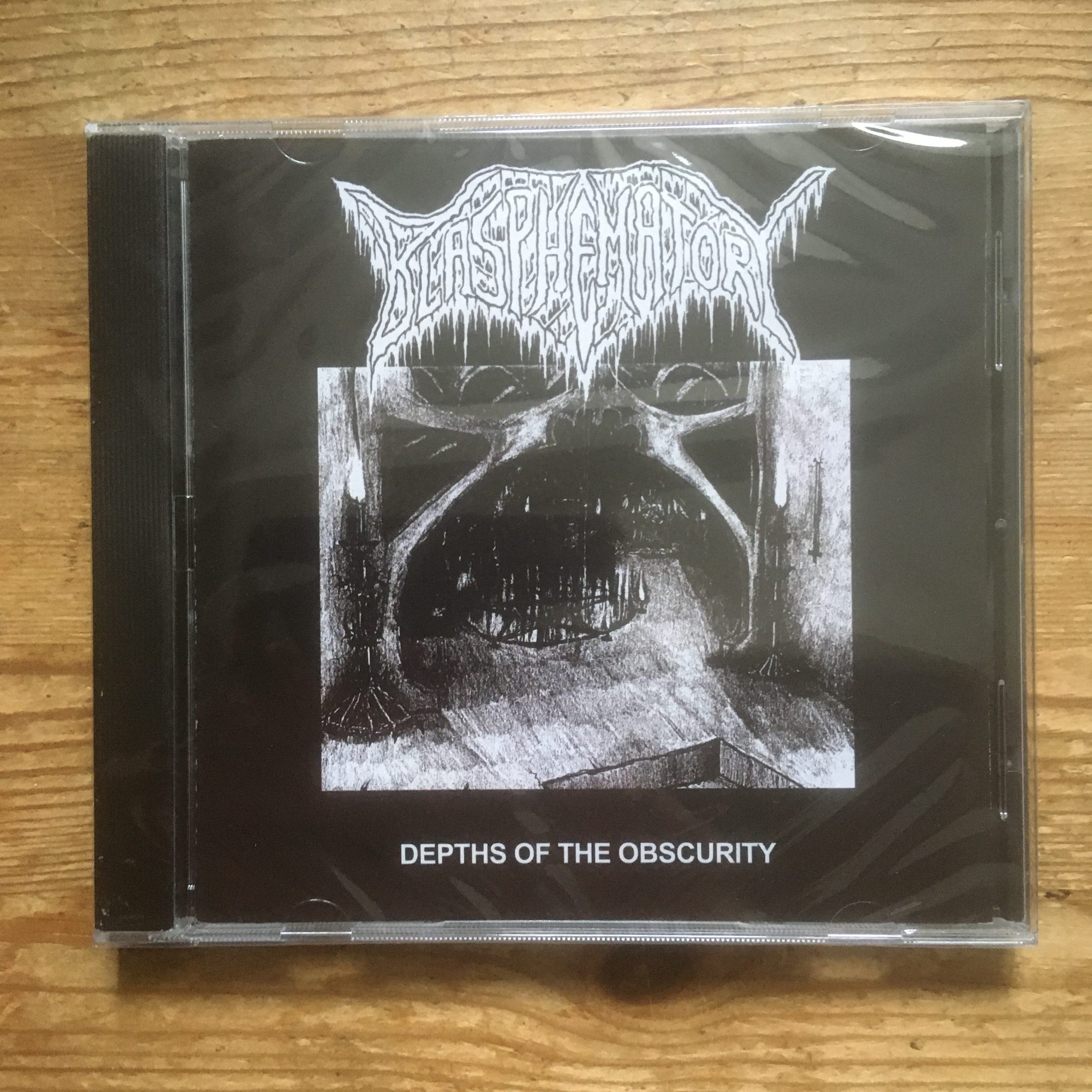
Bill Skarsgård's Rotten Voice: A Haunting Echo From The Depths
Unveiling the Nuances of a Unique and Unforgettable Vocal Performance
Bill Skarsgård's portrayal of Pennywise the Dancing Clown in the 2017 horror film, "It," sent shivers down spines worldwide with his unforgettable vocal performance. His voice, a guttural, raspy, nearly inhuman concoction, became a defining element of the terrifying antagonist, contributing significantly to the film's success.
Skarsgård's voice work has been extensively analyzed and discussed, with critics and audiences alike marveling at its complexity and effectiveness. This article delves into the intricacies of Skarsgård's rotten voice, exploring its origins, impact, and the broader implications of its haunting echo.
Origins and Development: A Method to the Madness
Skarsgård's unique vocalization was not a mere accident. It was a meticulously crafted element of his characterization, developed through extensive research and experimentation. Working closely with the film's sound designers, Skarsgård studied various animal vocalizations, such as those of hyenas and chimpanzees. He also drew inspiration from the voices of horror icons, including Christopher Lee's Dracula and Anthony Hopkins' Hannibal Lecter.
The result was a voice that was both unsettling and alluring, a distorted echo that seemed to come from a deep, primal abyss. Skarsgård's ability to seamlessly shift from guttural growls to childlike giggles and back again created a truly terrifying and unpredictable adversary.
Impact and Reactions: A Symphony of Fear and Intrigue
The impact of Skarsgård's rotten voice cannot be overstated. It became a central component of Pennywise's persona, adding layers of depth and menace to the character. The voice's eerie, guttural quality conveyed a sense of ancient evil and supernatural power, while its unpredictable nature kept audiences on edge throughout the film.
Audiences reacted with a mix of fascination and revulsion to Skarsgård's voice. Some found it to be one of the most effective horror movie voices they had ever heard, while others found its rawness and intensity too disturbing. Regardless of individual reactions, the voice undoubtedly left an unforgettable mark on viewers.
Critical Analysis: A Voice that Transcended Boundaries
Beyond its immediate impact on the film, Skarsgård's rotten voice has also been subject to extensive critical analysis. Some critics have hailed it as a masterclass in vocal performance, praising its originality and the way it elevated the character of Pennywise. Others have noted its psychological implications, suggesting that the voice taps into deep-seated fears of the unknown and the monstrous.
One particularly intriguing perspective is that of vocal therapist and researcher Ira Scheiber. Scheiber argues that Skarsgård's voice embodies the "acoustic prosodies of pathology," using vocal cues to convey a sense of mental instability and disorder. This insight adds another dimension to the character of Pennywise, suggesting that his vocalizations are not merely a means of scaring but also a manifestation of his inner turmoil and monstrous nature.
Echoes of the Depths: Broader Implications and Cultural Resonance
The haunting echo of Bill Skarsgård's rotten voice extends beyond the confines of the horror genre. It has sparked discussions about the power of sound and the role of voice in storytelling and characterization.
Furthermore, the voice has taken on a life of its own in popular culture. It has been used in countless parodies, memes, and viral videos, demonstrating its enduring impact on the public imagination. The voice has become a symbol of both the character of Pennywise and the enduring power of the horror genre.
Conclusion: A Vocal Legacy of Terror and Complexity
Bill Skarsgård's rotten voice in "It" is a testament to the power of sound and the transformative potential of vocal performance. Through meticulous research and experimentation, Skarsgård crafted a voice that is both horrifying and hypnotic, perfectly capturing the essence of Stephen King's iconic villain.
The voice has had a profound impact on audiences, critics, and popular culture alike. It has sparked discussions about the role of voice in storytelling, the nature of fear, and the enduring legacy of the horror genre. As the echoes of Pennywise's voice continue to reverberate, it is clear that Bill Skarsgård's vocal performance will continue to be studied, admired, and feared for generations to come.
Post a Comment